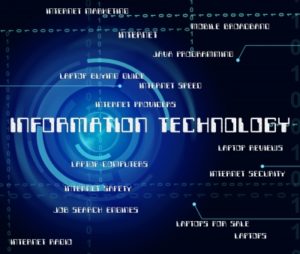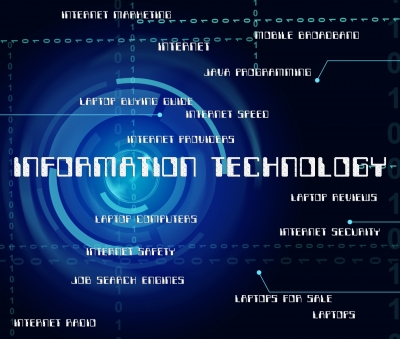 President Benigno Aquino III signed on May 23 a law creating the Department of Information and Communications Technology (DICT), effectively detaching ICT concerns from the Department of Transportation and Communications (DOTC).
President Benigno Aquino III signed on May 23 a law creating the Department of Information and Communications Technology (DICT), effectively detaching ICT concerns from the Department of Transportation and Communications (DOTC).
Under Republic Act No. 10844 or “An Act Creating the Department of Information and Communications Technology (DICT),” the new department will be the primary policy, planning, coordinating, implementing, and administrative entity of the executive branch, tasked to plan, develop, and promote the national ICT development agenda.
With the signing of the law, DOTC’s communications-focused operating units—Information and Communications Technology Office, National Computer Center, National Computer Institute, Telecommunications Office, National Telecommunications Training Institute, among others—will be abolished and their functions transferred to the DICT.
DOTC will be renamed Department of Transportation.
The law declares that the state recognizes the vital role of ICT in nation-building and the need to establish “strategic, reliable, cost-efficient, and citizen-centric ICT infrastructure, systems and resources as instruments of good governance and global competitiveness.”
The regulation requires a six-month transition period for the full transfer of functions, assets, and personnel of these agencies to the DICT.
The new department’s functions include policy and planning, encompassing the formulation, recommendation, and implementation of national policies, plans, programs, and guidelines promoting ICT use and development toward leveraging on the advantages of convergence and emerging technologies.
RA 10844 mandates DICT to improve public access to the Internet through measures such as free Internet service in government offices and public places using the most cost-effective telecommunications technology.
Other DICT functions include resource sharing and capacity building to harmonize and coordinate all national ICT plans, as well as consumer protection and industry development.
The newly formed agency will have a secretary, three undersecretaries, and four assistant secretaries, each of whom needs to have at least seven years’ experience. They must also have expertise in ICT, information technology service management, information technology service management, information security management, cyber security, data privacy, e-commerce, or human capital development in the ICT sector.
Two of the three undersecretaries and two of the four assistant secretaries are required to be career officers, while one of the four assistant secretaries needs to be a licensed professional electronics engineer.
Image courtesy of Stuart Miles at FreeDigitalPhotos.net





